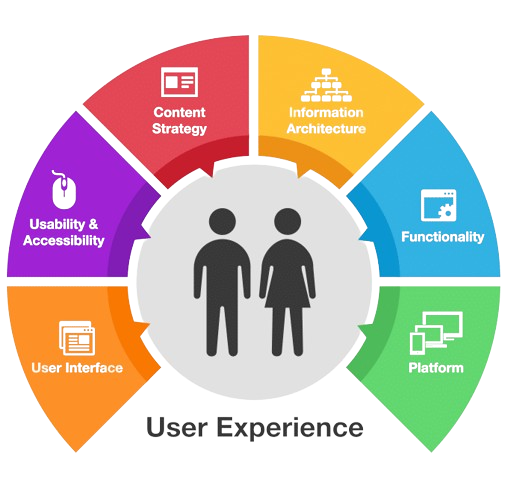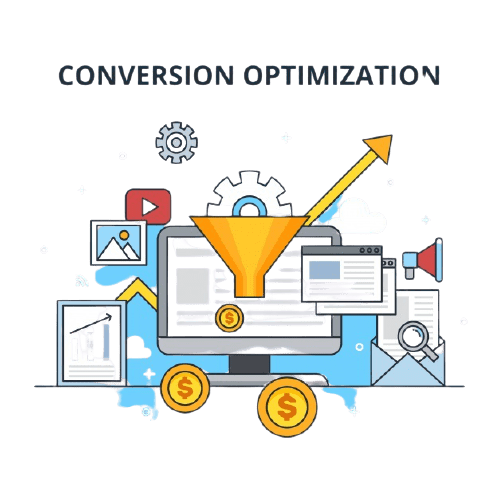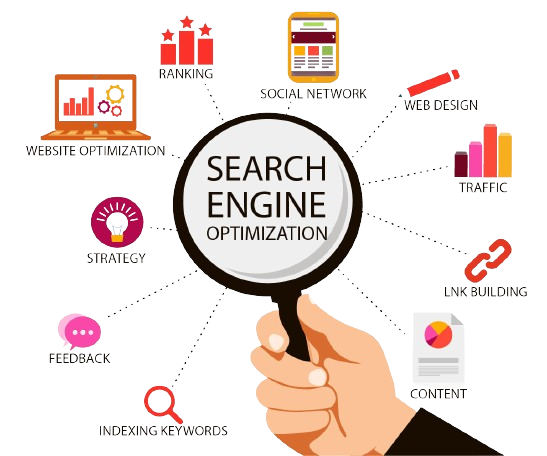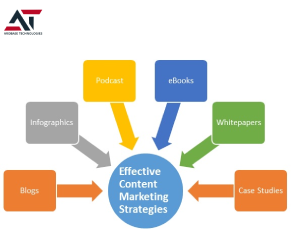- In today's digital age, websites serve as the storefronts of businesses, offering a virtual gateway for customers to explore products, services, and information. With millions of websites competing for attention, the challenge lies not just in creating an appealing online presence but also in optimizing it for maximum impact. This is where data analytics plays a pivotal role, empowering businesses to make informed decisions and fine-tune their websites for enhanced performance and user experience.
- Data analytics provides invaluable insights into various aspects of website performance, ranging from visitor behavior and engagement metrics to conversion rates and beyond. By harnessing the power of data, businesses can gain a deeper understanding of their audience, identify patterns and trends, and uncover areas for improvement. Let's delve into how data analytics drives website optimization and facilitates strategic decision-making.
1. Understanding Visitor Behavior
- One of the key benefits of data analytics is its ability to track and analyze visitor behavior in real-time. Through tools like Google Analytics, businesses can gather comprehensive data on aspects such as page views, bounce rates, time spent on site, and more. By examining these metrics, businesses can gain insights into how visitors interact with their website, which pages are most popular, and where visitors tend to drop off. Armed with this information, businesses can optimize their website structure, content, and navigation to better cater to user preferences and improve engagement.

2. Personalized User Experience
- Data analytics enables businesses to deliver personalized experiences tailored to individual user preferences. By analyzing user data such as browsing history, demographics, and past interactions, businesses can create targeted content, recommendations, and offers that resonate with each visitor. Personalization not only enhances user satisfaction but also increases the likelihood of conversion and customer retention.

3. Conversion Rate Optimization (CRO)
- Maximizing conversion rates is a top priority for businesses seeking to drive revenue and growth. Data analytics plays a critical role in CRO by identifying bottlenecks and optimizing conversion funnels. Through A/B testing, businesses can experiment with different website elements, such as call-to-action buttons, forms, and checkout processes, to determine which variations yield the highest conversion rates. By continuously analyzing and refining these elements based on data-driven insights, businesses can optimize their conversion pathways and drive greater ROI.

4. SEO and Content Optimization
- Search engine optimization (SEO) is essential for ensuring that your website ranks prominently in search engine results pages (SERPs) and attracts organic traffic. Data analytics provides valuable insights into keyword performance, backlink profiles, and content engagement metrics, allowing businesses to refine their SEO strategies for maximum impact. By analyzing which keywords drive the most traffic, businesses can optimize their content to better align with user intent and improve search visibility.

Conclusion
- In conclusion, data analytics serves as a powerful tool for driving website optimization and facilitating data-driven decision-making. By leveraging data insights, businesses can gain a deeper understanding of their audience, enhance user experience, and maximize conversion rates. Whether it's analyzing visitor behavior, personalizing user experiences, optimizing conversion funnels, or refining SEO strategies, data analytics empowers businesses to continuously improve their online presence and stay ahead in today's competitive digital landscape. As businesses increasingly recognize the importance of data-driven optimization, investing in robust analytics tools and expertise will be crucial for achieving sustained success in the digital realm.



